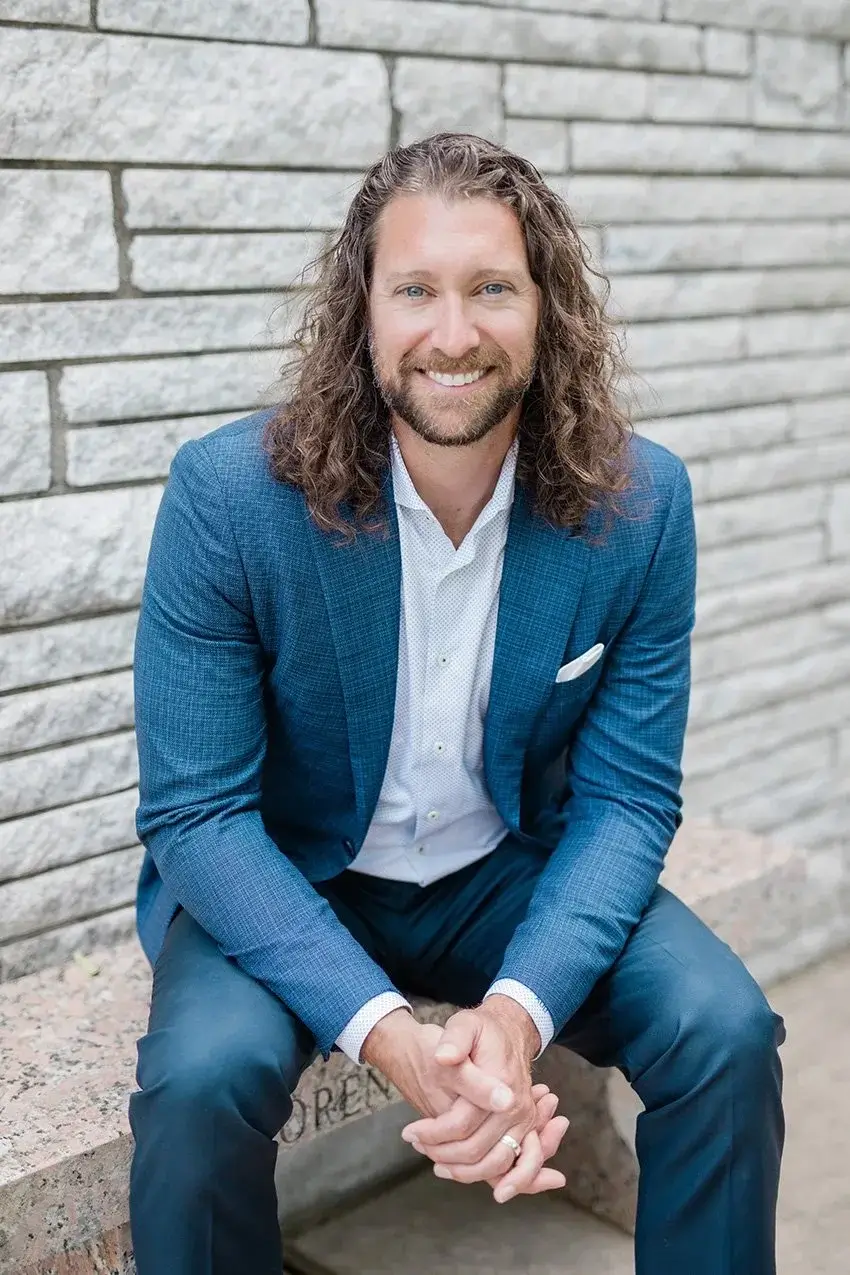A new over-the-counter drug is making its way into stores and onto the streets: Delta-8 THC. You’ve likely heard a lot of stories about this strain of “legalized weed,” and we’re here to help you separate the facts from the myths.
What is Delta-8 THC?
Delta-8 THC is a close cousin of Delta-9 THC, or what we commonly refer to as marijuana. The major difference is that Delta-8 has less apparent psychoactive effects, and the majority is grown under legal standards of less than 0.3% THC content from cannabis. The low THC content creates a more subdued high when smoked or vaped (though the intensity rises if ingested as an edible). Because of this, a common misconception that Delta-8 is not harmful has begun circulating.
What are the effects of Delta-8 THC?
Common Delta-9 THC side effects like cottonmouth, paranoia, inflamed eyes, and anxiety have been reported, but are less apparent in Delta-8. This sounds great in theory, but it’s important to remember that Delta-8 is still a psychoactive drug. Just like Delta-9 THC, Delta-8 does still have addictive properties and can be harmful when over-consumed.
What are the dangers of Delta-8 THC?
The real danger of Delta-8 is the wide availability: it can be purchased without a medical card in 39 states. It is being sold in CBD shops and gas stations, often as fruit flavored gummies. This is especially dangerous because children could easily mistake it for candy. Even a single dose can be extremely harmful to young children.
This drug’s wide availability in retail stores has also led to an increase in Delta-8 THC on the street. This is the danger of over-the-counter drugs: they don’t stay over-the-counter. Almost anyone can buy it and then choose to re-sell it to a younger and younger demographic. Even if your kiddo is too young to buy it in a smoke shop, the potential of their exposure to THC has still increased as Delta-8 circulates.
We urge parents to research Delta-8 THC, and other over-the-counter drugs. Stay informed, and reach out to the Clearfork Academy team if you’re concerned that your teen may have a substance abuse problem. Our clinical admissions specialists are available 24/7 to help with your unique situation. Please call us at (817) 259-2597, email us at help@bivisee1.sg-host.com, or visit our website at www.ClearforkAcademy.com.

Founder & CEO
Originally from the Saginaw, Eagle Mountain area, Austin Davis earned a Bachelor of Science in Pastoral Ministry from Lee University in Cleveland, TN and a Master of Arts in Counseling from The Church of God Theological Seminary. He then went on to become a Licensed Professional Counselor-Supervisor in the State of Texas.
Austin’s professional history includes both local church ministry and clinical counseling. At a young age, he began serving youth at the local church in various capacities which led to clinical training and education. Austin gained a vast knowledge of mental health disorders while working in state and public mental health hospitals. This is where he was exposed to almost every type of diagnosis and carries this experience into the daily treatment.
Austin’s longtime passion is Clearfork Academy, a christ-centered residential facility focused on mental health and substance abuse. He finds joy and fulfillment working with “difficult” clients that challenge his heart and clinical skill set. It is his hope and desire that each resident that passes through Clearfork Academy will be one step closer to their created design.
Austin’s greatest pleasures in life are being a husband to his wife, and a father to his growing children. He serves at his local church by playing guitar, speaking and helping with tech arts. Austin also enjoys being physically active, reading, woodworking, and music.




